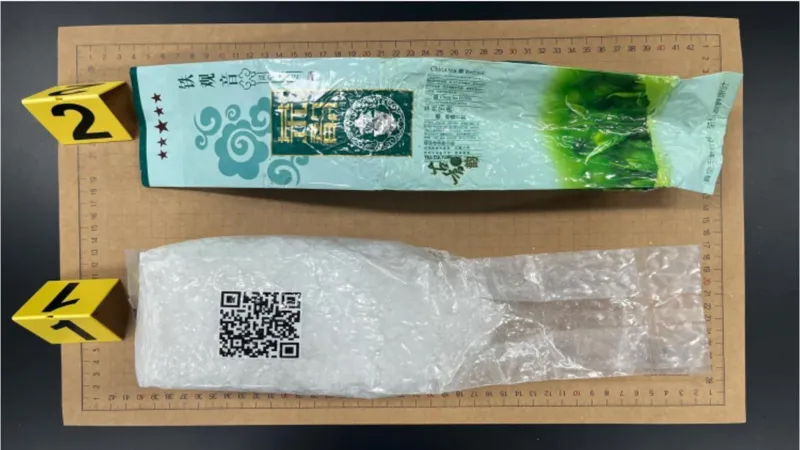Residents of Jeju Island, a popular South Korean holiday destination, have been finding suspicious packages along their beaches—packs that at first look like Chinese tea, but are actually filled with ketamine.
Since September, authorities have recovered around 28kg (62 lbs) of the drug, wrapped in foil and labeled with the Chinese character for tea, appearing on at least eight occasions. Ketamine is a powerful anesthetic used medically, but its recreational use is illegal in South Korea and can cause serious health risks, including heart and lung damage.
The Jeju Coast Guard has established a special team to investigate how these drugs are reaching the island, considering both sea and land routes. Authorities warn residents not to touch or open suspicious items, urging them to report findings immediately.
On 15 October, a beach cleaner discovered the largest batch yet—20kg—along Seogwipo’s southern coast. Earlier this week, over 800 personnel, including soldiers, police officers, and volunteers, scoured beaches in Jeju City’s north in search of more packages.
Officials suggest ocean currents may be carrying the drugs to Jeju, with similar “tea bag drug” finds reported in Pohang, South Korea, and Tsushima Island, Japan.
#JejuIsland #Ketamine #DrugSmuggling #SouthKoreaNews #BeachFinds #IllegalDrugs #OceanCurrents







